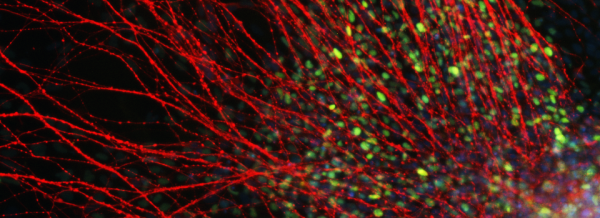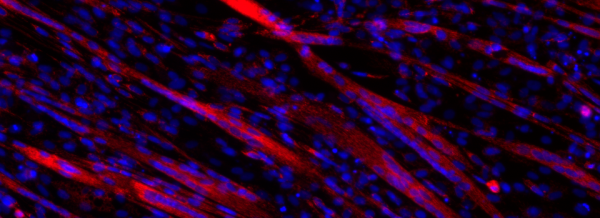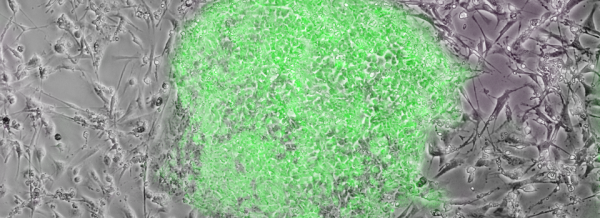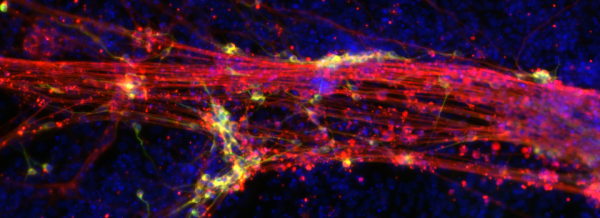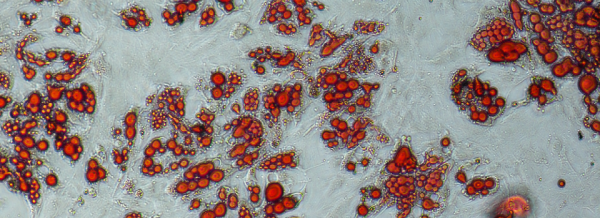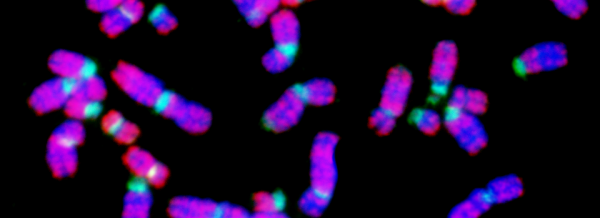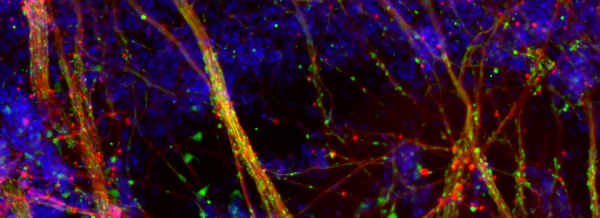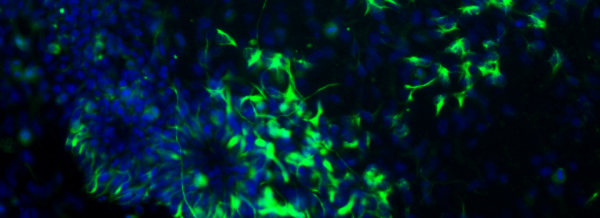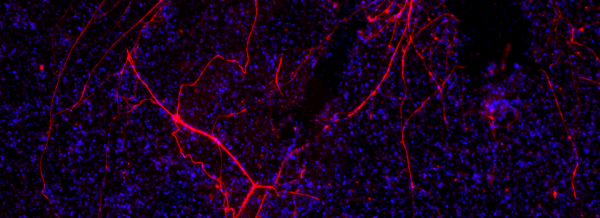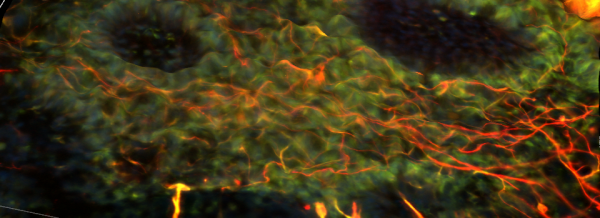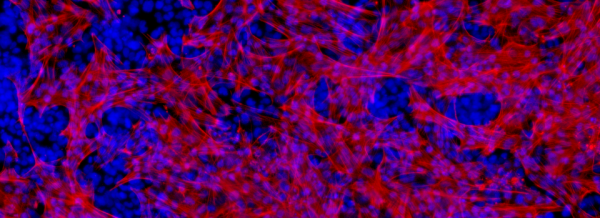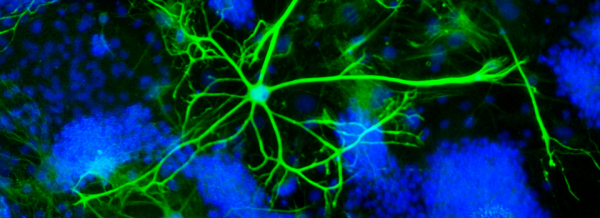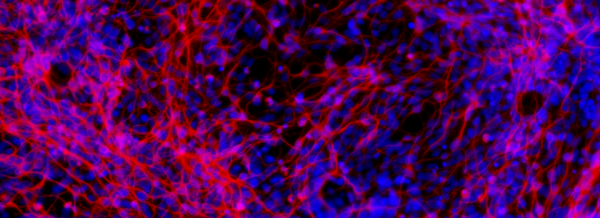Medicine development in the era of new knowledge synthesis
Biomedicine enters the era of new knowledge synthesis, leading to formation of next generation medicine. To date much information on human genome structure and functioning of its elements has been accumulated. A significant progress has been made in pharmacology, pharmacogenetics, bioinformatics, and cell biology especially in stem cell biology.
In the past decade, a new method of generating pluripotent cells from human differentiated cells has been established. The cells referred to as induced pluripotent stem cells are the most perspective tool for human disease modeling and substitutive cell therapy. In molecular biology, studies establishing molecular bases of disease pathogenesis, new diagnostics methods, and new targets for drug development have been carried out.
Technologies of directed genome editing in living cells are of special interest. The tools allow performing high-precision studies on function of genes and other genetic elements in the norm and pathology, creating new model systems, and generating cells with corrected genotype.
Integration of the technologies mentioned above is bringing medical and pharmacological studies to a new level. The studies are based on detection of early diagnostics markers, personalized approach to therapy, identifying pathology peculiarities in individual patients using data on their genomes, and obtaining autologous material for substitutive cell therapy and tissue engineering. Moreover, the new technologies give rise to next generation pharmacology which uses a more personalized approach to drug development including drugs to treat rare inherited diseases.
During the forum, the issues of development of new biomedical technologies that can be applied in full cycle pharmacological studies and personalized medicine will be discussed. In particular, problems and perspectives of development of personalized and translational medicine in Russian Federation, creation of collections or biobanks of human inherited disease cell models, and using the collections in interdisciplinary integration projects aimed at studying disease molecular mechanisms and search for new therapy methods will be considered.
In addition, participants are going to discuss joint application of new cell technologies and genome engineering methods in cardiology, neurology, oncology, and other areas of practical medicine and pharmacological industry.
Schedule of the forum «Biomedicine-2016»
June 26
- arrival day
June 27
- plenary lections
- round-table «On the threshold of new biomedicine – perspectives of adopting the draft law on turnover of biomedical cell products»
- demonstration of the film «Sic transit gloria mundi» devoted to A.A. Maximov
June 28-30
- round-table discussions
- poster session
July 1
- departure day

